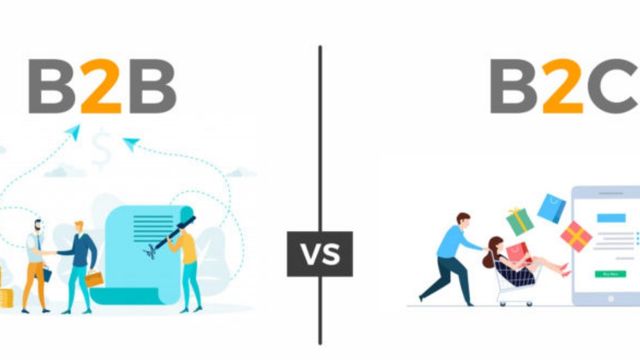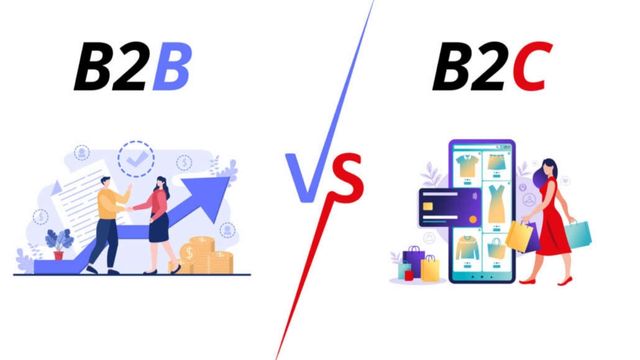Understanding the Differences Between B2B and B2C Marketing Strategies!
In the world of marketing, there are two distinct categories: B2B (business-to-business) and B2C (business-to-consumer). While both types of marketing aim to drive sales and revenue, the strategies and tactics used are vastly different.
In this article, we’ll explore the key differences between B2B and B2C marketing and provide tips on how to tailor your marketing approach to meet the needs of your target audience.
B2B Marketing: Focusing on Relationships and Value Propositions
B2B marketing is all about building relationships and providing value to other businesses. In this type of marketing, you’re not selling directly to consumers, but rather to other businesses that will then use your product or service to further their own business objectives.
Because of this, B2B marketing requires a more personalized and relationship-driven approach. One of the key elements of B2B marketing is the value proposition. A value proposition is a statement that outlines the unique value your product or service provides to the customer.

In B2B marketing, your value proposition needs to be clear, concise, and relevant to the specific business you’re targeting. You also need to be able to clearly articulate how your product or service can help the business achieve its goals.
Another important aspect of B2B marketing is building relationships with potential customers. This often involves targeted outreach, such as attending industry events, sending personalized emails or direct mail, or even making cold calls. The goal is to establish a rapport with potential customers and understand their needs and pain points. “Looking for more Earn Money Online Without Investment content? Check out our archives.”
B2C Marketing: Focusing on Emotions and Branding
B2C marketing, on the other hand, is all about emotion and branding. In this type of marketing, you’re selling directly to consumers, so you need to create a connection with them on a personal level. Consumers make purchasing decisions based on emotions, so your marketing strategy needs to tap into those emotions to create a sense of connection and loyalty.
One of the key elements of B2C marketing is branding. Your brand is the image and personality that your company presents to the world, and it’s what sets you apart from your competitors. Your branding strategy should be focused on creating a consistent and recognizable image that resonates with your target audience.

Another important aspect of B2C marketing is creating a seamless customer experience. Consumers expect a high level of convenience and personalization when they’re making a purchase, so your marketing strategy needs to focus on providing an exceptional customer experience from start to finish.
This can include things like easy-to-use websites, personalized recommendations, and fast and efficient customer service. “If you enjoyed this article, you may also be interested in Business Accelerator.”
Tips for Tailoring Your Marketing Approach
Now that we’ve explored the key differences between B2B and B2C marketing, let’s look at some tips for tailoring your marketing approach to meet the needs of your target audience.
Understand Your Target Audience: The first step in creating an effective marketing strategy is understanding your target audience. Who are they? What are their pain points and needs? What motivates them to make a purchase? By understanding your audience, you can create messaging and content that resonates with them.
Use the Right Channels: The channels you use to reach your target audience will vary depending on whether you’re marketing to businesses or consumers. B2B marketing often involves more targeted outreach, such as attending industry events or sending personalized emails. B2C marketing, on the other hand, may involve more social media marketing and advertising.
Create a Compelling Value Proposition: In B2B marketing, your value proposition needs to be clear and relevant to the specific business you’re.
“We’ve also written extensively about 6 Signs Your Company is Ready to Expand. Read more here.”


Comments are closed.